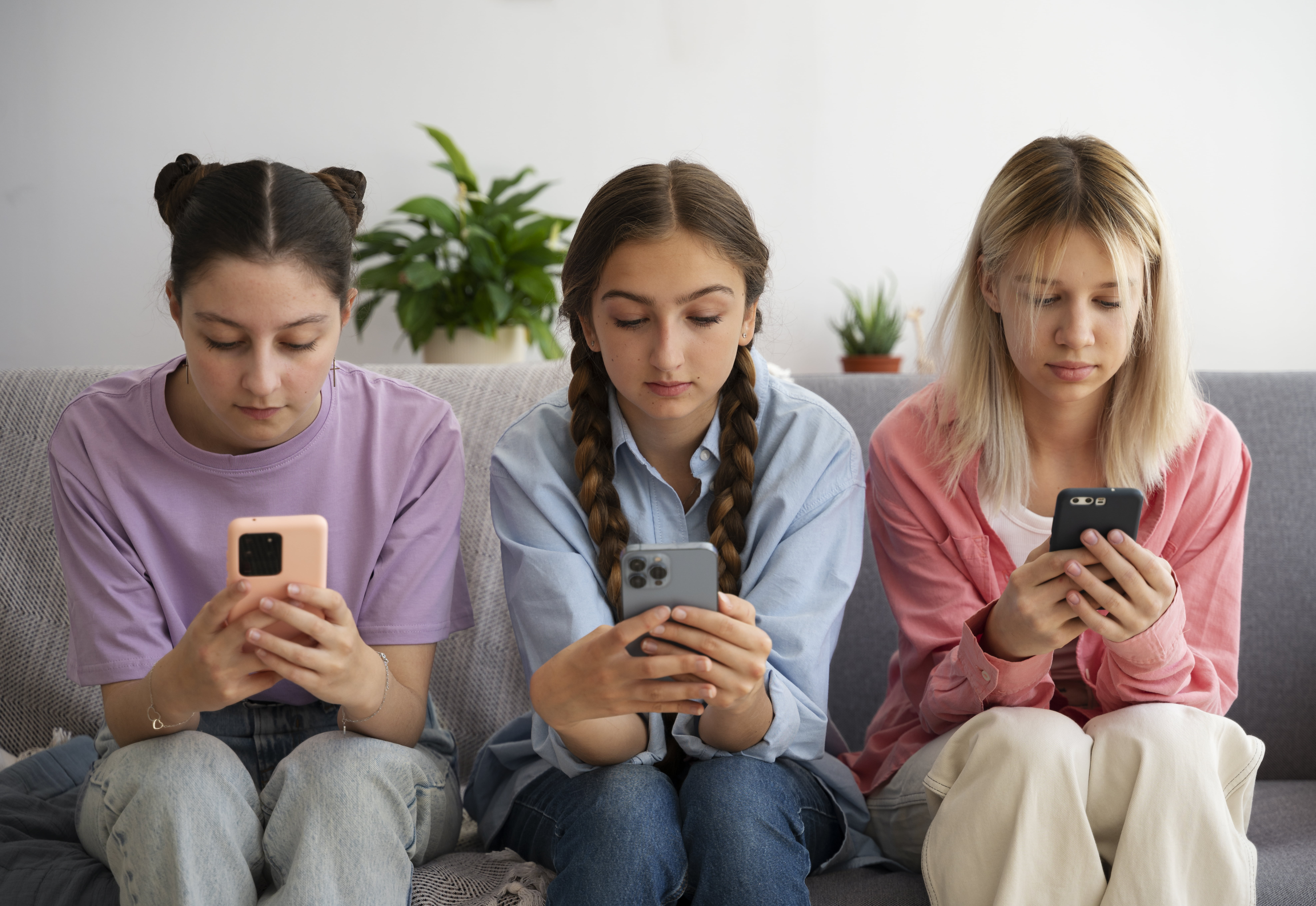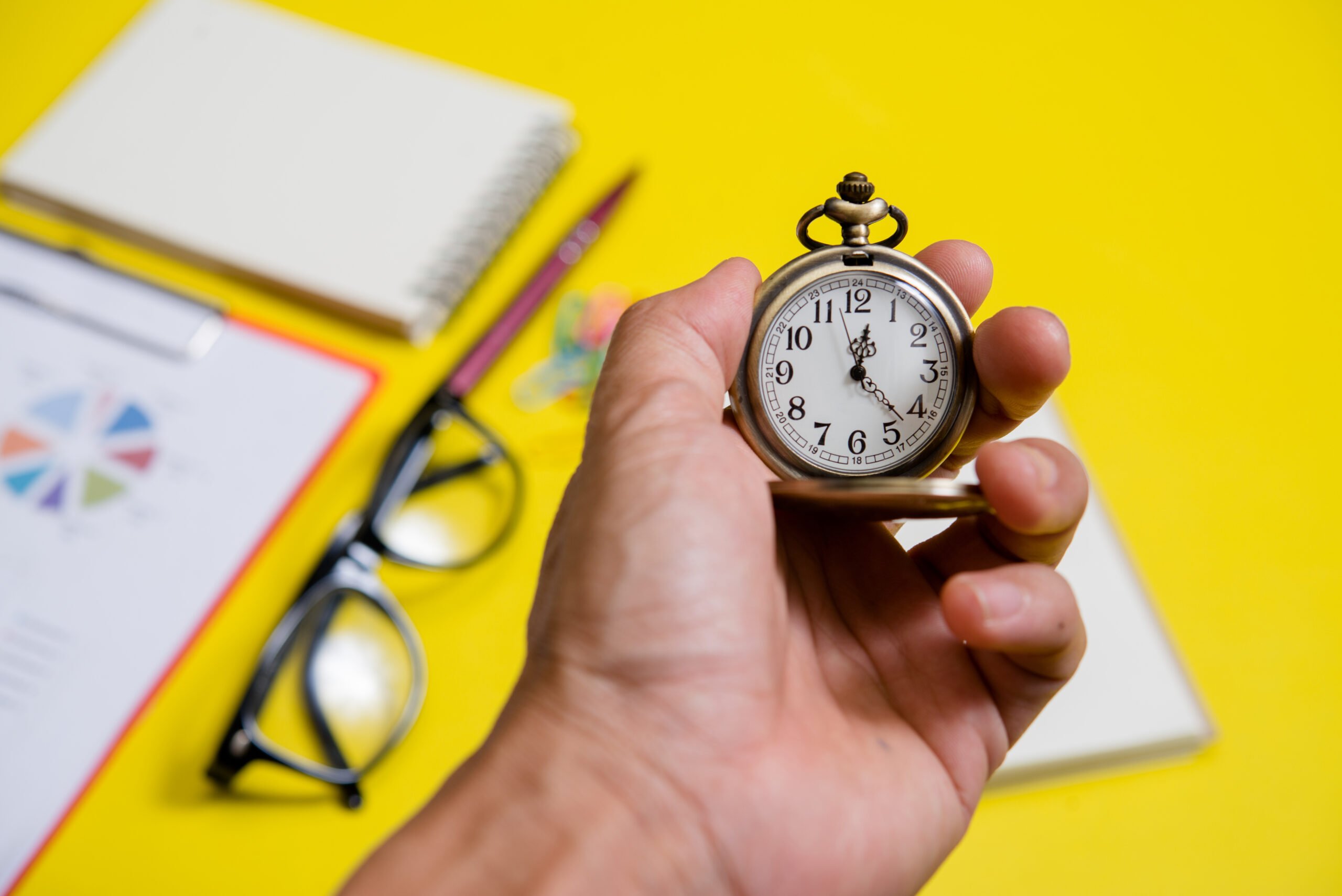Social Media & Mental Health: How Is It Connected?
Last Updated on July 2, 2024 by TYHO Team

Do you check your social media as the first thing you do when waking up and the last thing you do before going to sleep? We admit we do, too.
In fact, it’s so common that recent research proves that nearly 5.04 billion people use social media actively (ie throughout the day).
But what is the real cost of using social media, despite its effects on our mental health?
Social media has a dark side to it, and its negative effects on mental health are real and need attention. The constant need to filter our faces and lie about our lives just to fit in can ruin our self-image and confidence.
Moreover, the pressure to have a ‘perfect’ life can lead to issues like generalised anxiety disorder and chronic stress.
Do note that social media is not all negative – the internet does have several positive aspects that make our lives easier.
For example, the internet allows us to find social and peer support that we might not have in real life.
Similarly, some people may have no friends and struggle with loneliness. Social media bridges that gap and helps us find friends in our communities.
But how do we find the balance between the positive and negative? What amount of scrolling is healthy? Should we spend hours scrolling at all?
In this article, we will talk about the negative aspects of social media and explore tips and techniques we can implement to counteract these challenges!
Social media can be fun because we get to see people from all over the world and interact with various sorts of content.
However, there are negative effects of social media that can impact our mental health if left unaddressed.
For example, platforms like Instagram are known for the hundreds of different filters that one can use to ‘enhance’ their face or body type.
Seeing ‘perfect’ posts like spending holidays in Thailand or eating high-quality food every day can make us feel bad about ourselves.
We also tend to compare our lives and lifestyles with those of others constantly, and this comparison can make us feel like we’re never enough.
Moreover, there is an unsaid competition regarding how many likes or comments one receives. More popularity could mean a better life. But is that true?
If we don’t receive enough visibility on social media platforms, we may directly associate it with our lack of self-worth and confidence.
Spending too much time online can also disrupt our sleep schedules, routines, and our closeness with loved ones.
Lastly, social media platforms are created in a way where we see and hear only the things we already know and agree with. Due to this, our ability to reach out and seek new ideologies and perspectives may become limited.
People who frequently post content to seek validation (likes, comments) are usually more vulnerable to depressive symptoms when they do not receive the expected feedback or validation.
As researchers continue to study the effects of social media on mental health, we as users must be proactive in exploring safe and healthy online usage.
Depressive symptoms refer to a range of emotional, cognitive, and physical challenges associated with depression.
These can include:
Persistent feelings of sadness
A lack of interest or pleasure in activities once enjoyed
Difficulty concentrating or making decisions
Feelings of worthlessness or guilt
Social media, while offering connection and information-sharing avenues, can inadvertently worsen depressive symptoms.
Recent research has also shed light on the intricate relationship between social media usage and depression, mainly focusing on specific aspects of the online experience that contribute to depressive symptoms.
The two primary factors on social media platforms that can lead to heightened depressive symptoms are:
By their very nature, social media encourages users to compare their lives with others. Scrolling through curated highlights of friends, acquaintances, and even strangers can lead to feelings of inadequacy.
A research study shows that people who frequently engage in comparison-driven scrolling exhibit higher levels of depressive symptoms.
The more time individuals spend online, the less time they have for offline, real-world activities. This displacement can lead to decreased physical activity and face-to-face social interactions, both of which have protective effects against depression.

Realising how much mental health issues have increased since social media platforms have become popular might be quite a shock.
Ignoring the link between extensive online activity and anxiety symptoms is almost impossible. The constant influx of information from social media platforms can lead to cognitive overload.
This bombardment of data makes it challenging for the brain to process, often resulting in feelings of overwhelm and stress.
Additionally, the fear of missing out, or FOMO, is a genuine phenomenon. As users see others partaking in events or experiences they are not involved in; it can induce feelings of exclusion and heightened anxiety.
Lastly, the pressure to maintain a curated and perfect online persona can further increase anxiety symptoms.
Digital platforms have a profound impact on our self-perception. Platforms like Instagram, TikTok, and Facebook overflow with filtered and often altered images of ‘ideal’ bodies.
This constant exposure can distort one’s perception of a ‘normal’ body. It can instead make us believe that there is a specific way everyone has to look – a particular type of body that is “normal”.
Once we fall to this idea, we start engaging in what is often self-destructive behaviours to achieve this ‘ideal’ body type.
Firstly, the algorithmic nature of these platforms means users are often shown more of what they engage with. If one frequently views or interacts with images of ‘perfect’ bodies, the algorithm serves more of the same, creating a skewed reality.
Secondly, the rise of filters and photo-editing apps allows instant ‘improvements’ to one’s appearance. Over time, this can lead to dissatisfaction with one’s unfiltered self. For example, people might start believing that having pimples or cellulite is not common – especially because they do not see the real skin textures and skin types on screen.
However, what we do not see on social media is the fact that all our bodies are different – they have different textures, different colours, different percentages of body fat, and different shapes.
They are all equally beautiful and normal! Body positivity is an essential concept that can help us normalise all body types.

Where sharing personal content on social media platforms is encouraged, it also often exposes users to unsolicited and negative experiences.
Cyberbullies exploit these platforms to target individuals, using tactics such as direct threats, doxing (revealing personal information), or creating derogatory memes.
The anonymity provided by the internet encourages these bullies, making them more aggressive and gaining more advantage. Victims often experience a barrage of hate, leading to severe mental health repercussions like anxiety, depression, and, in extreme cases, self-harm.
Hence, users must be aware of privacy settings, report abusive behaviour, and seek support when faced with cyberbullying.
While social media platforms offer a way to stay connected and informed, they also have potential drawbacks that can adversely affect your mental well-being.
It is not just about the amount of time you spend online but also the quality of that time and its impact on your emotional and psychological state.
To help you evaluate whether your social media usage is a boon or a bane, we have outlined actionable insights that serve as indicators. You can take informed steps to ensure a healthier digital life by asking yourself specific questions related to these signs.
It is a red flag if you notice a dip in your mood, increased anxiety, or feelings of inadequacy after scrolling through social media.
Ask yourself: “How do I feel emotionally after using social media?” It might be time to reassess your usage if the answer leans towards negative emotions.
Are you delaying work tasks or neglecting responsibilities due to excessive social media use?
Ask yourself: “Is my productivity suffering because of the time spent online?” If yes, consider setting app limits or scheduling specific ‘social media time’.
Social media often portrays idealised versions of life, leading to social comparison.
If you think, “Why is my life not as perfect as theirs?” it is a sign that social media affects your self-esteem.
If you are using social media to escape negative emotions or loneliness, it is rarely a healthy coping mechanism.
Instead, ask yourself: “Am I using social media to avoid dealing with my emotions?” If you answer yes, seek healthier options like talking to a friend, watching a TV show, or engaging in physical activity.
If your mood is significantly affected by the number of likes or comments you receive, it is a concern.
Ask yourself: “Am I seeking validation through social media?” If yes, detaching your self-worth from online approval is crucial and can benefit significantly in the long run!
On one side, social media has the potential for connection, inspiration, and even professional growth.
Conversely, the pitfalls of anxiety, time-wasting, and negative self-comparison appear large. Striking a balance is key, and that is precisely what we will explore in this section!
Below are some strategies to help you develop a more positive and intentional relationship with social media platforms.
Firstly, it is crucial to understand why you are using social media. Are you looking to stay connected with family and friends or use it for professional networking?
Once you have identified your goals, you can tailor your social media use to serve those specific objectives.
This will make your online time more productive and reduce the chances of aimless scrolling, which often leads to negative emotional states.
Time management is integral to maintaining a healthy relationship with social media. Consider using apps that track your screen time or setting alarms to remind you to log off.
Allocate specific ‘social media time’ in your daily schedule, and stick to it. This will help you become more mindful of your online time and make disengagement easier.
Your social media experience is primarily determined by the content you consume. Try to unfollow accounts that consistently post harmful or triggering content.
Instead, focus on following accounts that inspire, educate, or uplift you. This simple change can drastically improve your mental well-being and make your time spent on social media more fulfilling.
Using social media for work makes it easy to blur the lines between professional and personal time.
Establish clear boundaries by designating ‘work-only’ and ‘personal-only’ platforms.
For example, you may want to use LinkedIn solely for work and Instagram for personal connections. This separation will help you switch off from work when you are off the clock.
Passive scrolling can lead to feelings of inadequacy and FOMO (Fear of Missing Out). Instead, make your social media interaction more meaningful.
Comment on your friends’ achievements, share articles that resonate with you and engage in interesting discussions.
This active participation enriches your social media experience and fosters a sense of community and belonging.
Taking a break from social media, or having dopamine detox days can be incredibly refreshing. Choose a day each week when you log off from all your social media accounts.
Use this time to engage in activities that nourish your soul and mind, whether reading, hiking, or spending quality time with loved ones.
This small break can significantly improve your mental health and make your subsequent social media interactions more intentional.
By implementing these specific, achievable solutions, or by seeking professional help from therapists, you will be well on your way to cultivating a healthier, more balanced relationship with social media.
We all check our social media first thing in the morning and right before bed—it’s almost second nature. With over 5 billion active users, it’s a huge part of our lives. But what’s the real cost?
Social media can seriously impact our mental health, leading to anxiety, stress, and poor self-image. The pressure to portray a perfect life can be overwhelming.
Yet, it’s not all bad. Social media can offer support and connection, especially for those who feel isolated. The key is finding balance. You can enjoy the benefits without the drawbacks by setting goals, managing time, curating positive content, and taking digital detox days.

Cognitive overload refers to the volume of information, or the complexity of tasks presented to an individual that exceeds their cognitive processing capacity.
In simpler terms, it is when the brain is given more information or tasks than it can handle at once, leading to decreased efficiency, comprehension, and retention.
Several factors can contribute to cognitive overload:
Multitasking: Juggling multiple tasks can strain the brain, as it constantly shifts focus. E.g., scrolling on Instagram and organising daily tasks.
Complexity: Being presented with tasks or information that are too complex or unfamiliar can lead to overload.
Cognitive overload can result in feelings of stress, confusion, and frustration. Social media is currently one of the top reasons contributing to cognitive overload. Over time, if not managed through therapy, it can contribute to burnout and decreased mental well-being.

The constant notifications and the urge to check social media can severely disturb a student’s ability to focus during study sessions. This distraction can lead to poor retention, ultimately affecting grades and academic performance.
In terms of social relationships, while social media can help maintain connections, it can also create a false sense of social fulfilment.
Students may neglect face-to-face interactions, missing out on the depth and quality of real-world relationships. This can lead to loneliness and isolation despite being ‘connected’ online.
Moreover, compulsiveness manifests in the need to constantly check social media for updates, even during lectures or family dinners.
This compulsive behaviour can be academically and socially harmful, as it can be perceived as rudeness or disinterest in the immediate environment.
The impact on sleep is another concern. Students may find themselves scrolling through feeds late into the night, affecting both the quantity and quality of sleep.
Poor sleep can, in turn, affect academic performance, mood, and overall mental well-being.